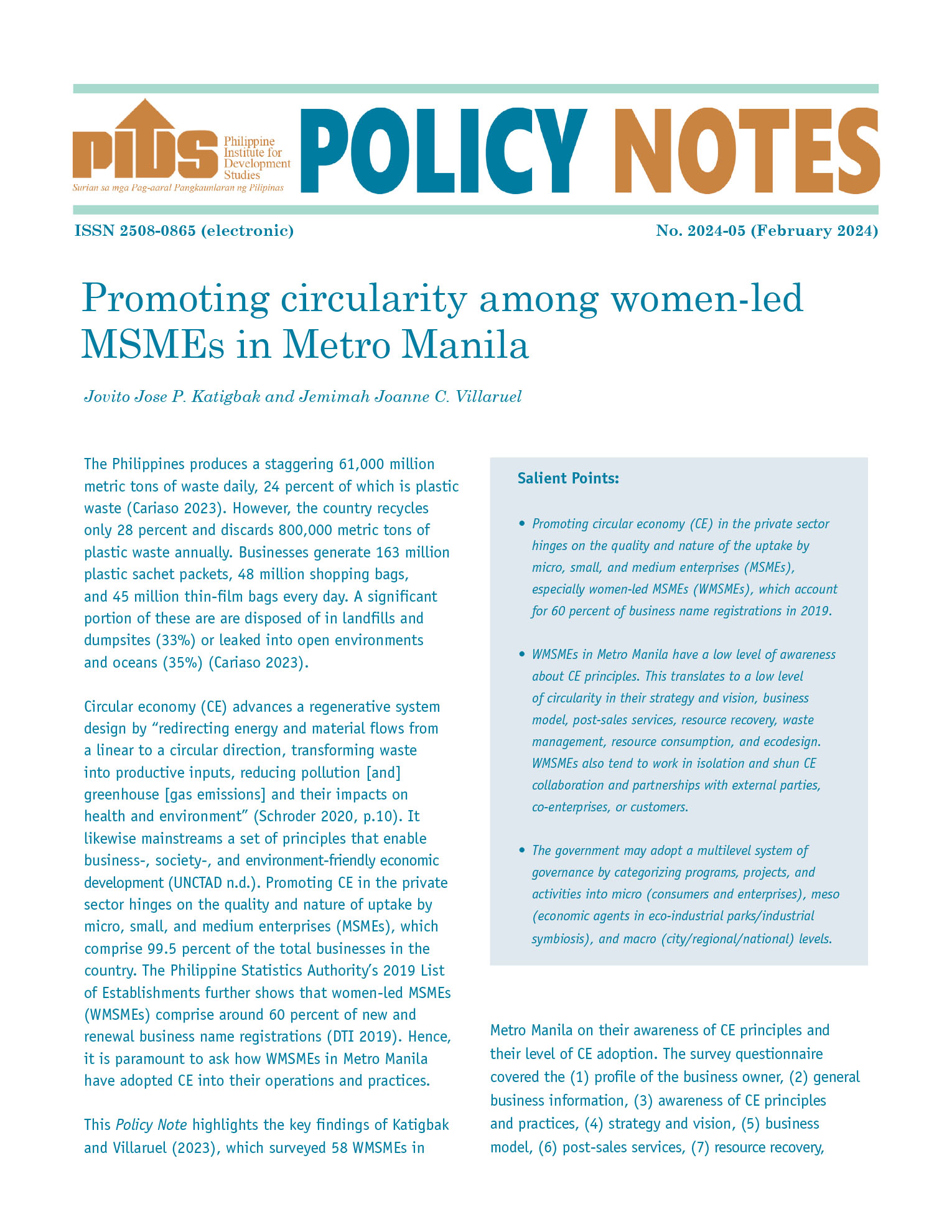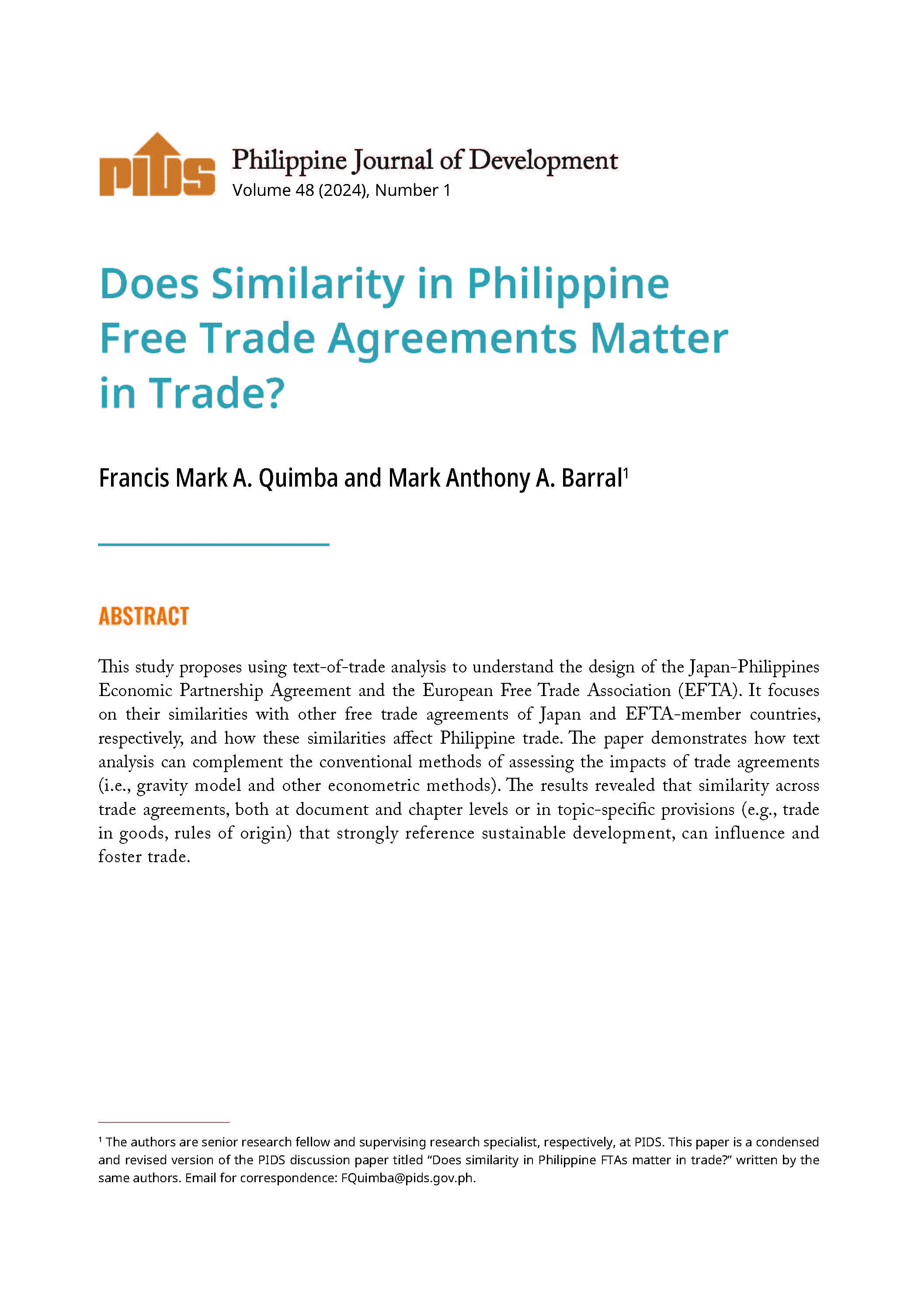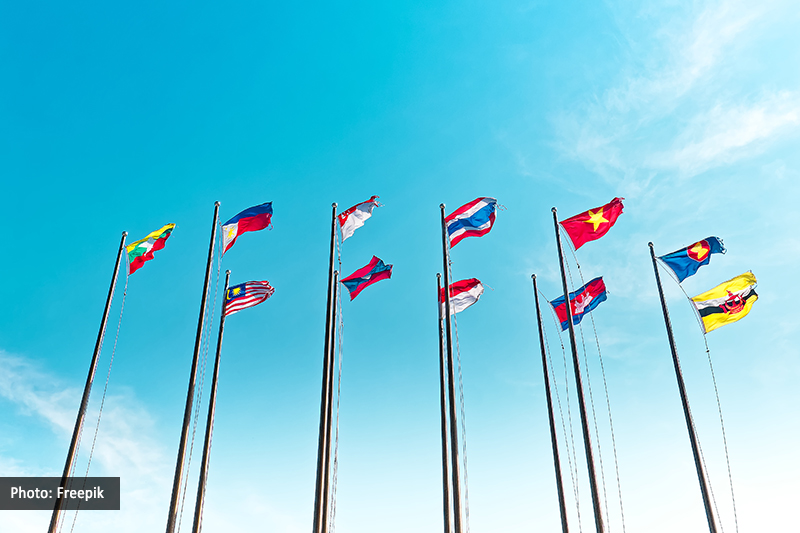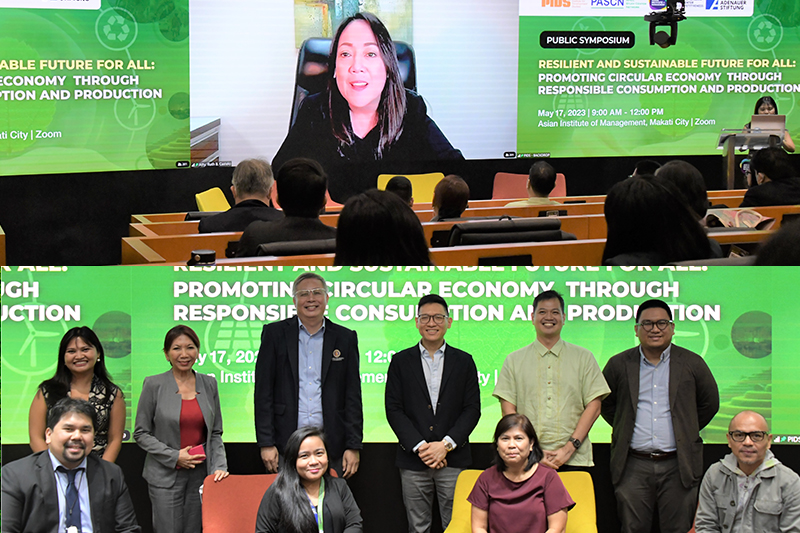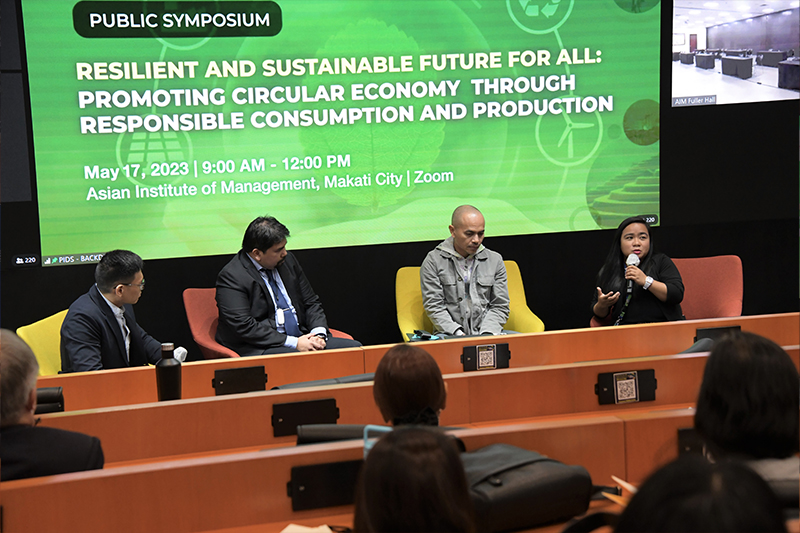As President Rodrigo Duterte’s economic officials try to pull off a last-ditch effort for the Senate’s approval of the country’s participation in the Regional Comprehensive Economic Partnership (RCEP), the next Department of Trade and Industry (DTI) head has joined the bandwagon for the pact’s immediate ratification.
Incoming Trade Secretary Alfredo Pascual gave full support to the mega-trade bloc agreement.
“My stand is very clear in our statement, being the president of the Management Association of the Philippines, supporting the immediate ratification of the RCEP by the Senate. But I have not had the chance to discuss this with our President-elect during our meeting,” Pascual said.
President elect Ferdinand “Bongbong” Marcos Jr. had indicated his preference for a thorough review of the deal in the Senate.
Business groups, however, stressed that the country in RCEP would mean a huge market where local traders gain through preferential access to markets, noting that just like any free trade agreement, RCEP provides opportunities for the country.
Local agricultural groups, however, fear the accord will threaten certain local industries, individual producers and Filipino workers.
Trade groups maintained that like other agreements the country has joined, of which the country has the least, compared to Indonesia, Malaysia, Thailand and Vietnam, the overall economic gains in terms of net job creation, economic growth and price stabilization will well outweigh the costs, stressing that the government has the responsibility to assist those adversely affected meaningfully and effectively, to allow them to achieve competitiveness or adjust to alternative products or livelihoods.
Pascual maintained that RCEP would benefit several industries as there are research studies available, done by government research agencies, like the Philippine Institute for Development Studies, “that recommend in no uncertain terms the affiliation of the Philippines on RCEP.”
Listen to tillers
“And the issues I have heard being articulated by farmer groups can be addressed, I think. In terms of food security, it will point towards affiliating ourselves with RCEP so we can have access to food sources, especially now that there is a tightening of supply given the conflict between Russia and Ukraine,” Pascual added.
President-elect Marcos, last week, aired contentions on RCEP’s looming ratification, saying that he is unsure that the country’s agriculture sector is sufficiently robust to take on the competition that the opening of markets will cost, that’s why the trade bloc agreement should be reexamined extensively to make sure that the sector won’t lose, and Filipino farmers can compete with other nations.
Deliberations at the Senate have started yesterday for lawmakers to decide on the fate of RCEP, a free trade agreement among the Asia-Pacific nations of Australia, Brunei, Cambodia, China, Indonesia, Japan, South Korea, Laos, Malaysia, Myanmar, New Zealand, the Philippines, Singapore, Thailand and Vietnam.
The agreement, which came into force on 1 January 2022 and was implemented in other member countries, is a manifestation of the region’s resolve to keep markets open; strengthen regional economic integration; support an open, free, fair, inclusive, and rules-based multilateral trading system; and, ultimately, contribute to global post-pandemic recovery efforts.
Agri sector safe with RCEP
During RCEP deliberations on Monday, the country’s trade negotiator, Trade Assistant Secretary Allan Gepty, emphasized the agriculture sector will have safeguards in the agreement.
Socioeconomic Planning Secretary Karl Kendrick Chua urged legislators to pass the RCEP agreement this week.
“We will help the agriculture sector be competitive and productive because that is the foundation of our structural transformation to become a prosperous country but not at the expense of all the other sectors that also need our support. So, what we propose is to do things in parallel: Ratify the RCEP but also help the agriculture sector become more competitive,” Chua indicated.


